Nagoya is full of museums and cultural events, which make the city a perfect destination for Japanese history buffs. Whether you’re already in Japan or still planning your next trip, we have picked some of the best history and culture museums in Nagoya, so you can add them to your bucket list.
Article Contents
Get to Know Japan’s History and Culture
Museums are a great way to learn about local culture, history, and heritage, so prepare yourself to go back in time from the Warring States to modern Japan by visiting the following museums in Nagoya.
1. Tokugawa Art Museum
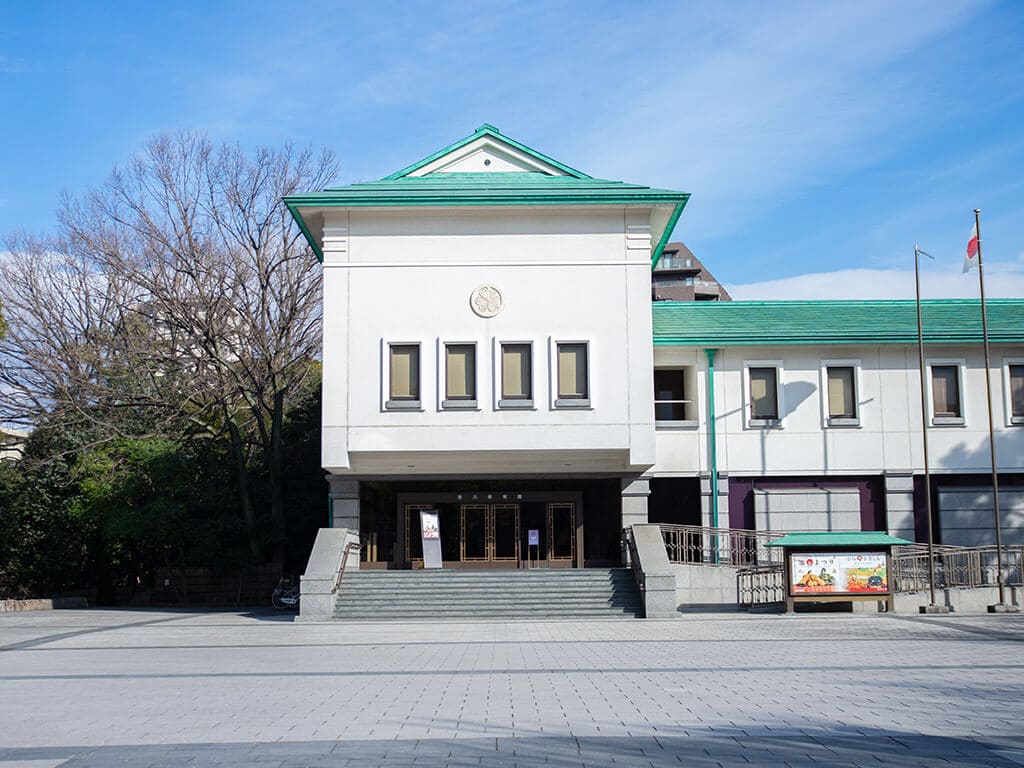
The Tokugawa Art Museum has one of the best collections of Edo Period scrolls, art, and other artifacts belonging to the Tokugawa Samurai clan.
Aside from the objects that have been passed down in the Owari Tokugawa clan, it is worth mentioning their exceptional scroll collection filled with exquisite traditional illustrations in ink. All the exhibitions are displayed with easy-to-understand in-depth English explanations.
Also, right next to the museum, you can find the Japanese garden Tokugawaen. The garden offers beautiful views of the central pond, streams, and pathways and gives the weary traveler a place to relax. It is also a great place to take pictures of a traditional Japanese landscape garden.
We recommend taking a break at the Japanese cafe Sozansou and enjoying matcha tea with traditional confectionery sweets.
Tokugawa Art Museum (徳川美術館)
Entry Fee: Adult 1,600 yen, student 800 yen, child 500 yen
Opening Hours: 10:00 – 17:00; closed on Mondays
Address: 1017 Tokugawacho, Higashi Ward, Nagoya, Aichi 461-0023
Phone: (+81) 052-935-6262
Website | Google Maps
2. Nagoya City Museum
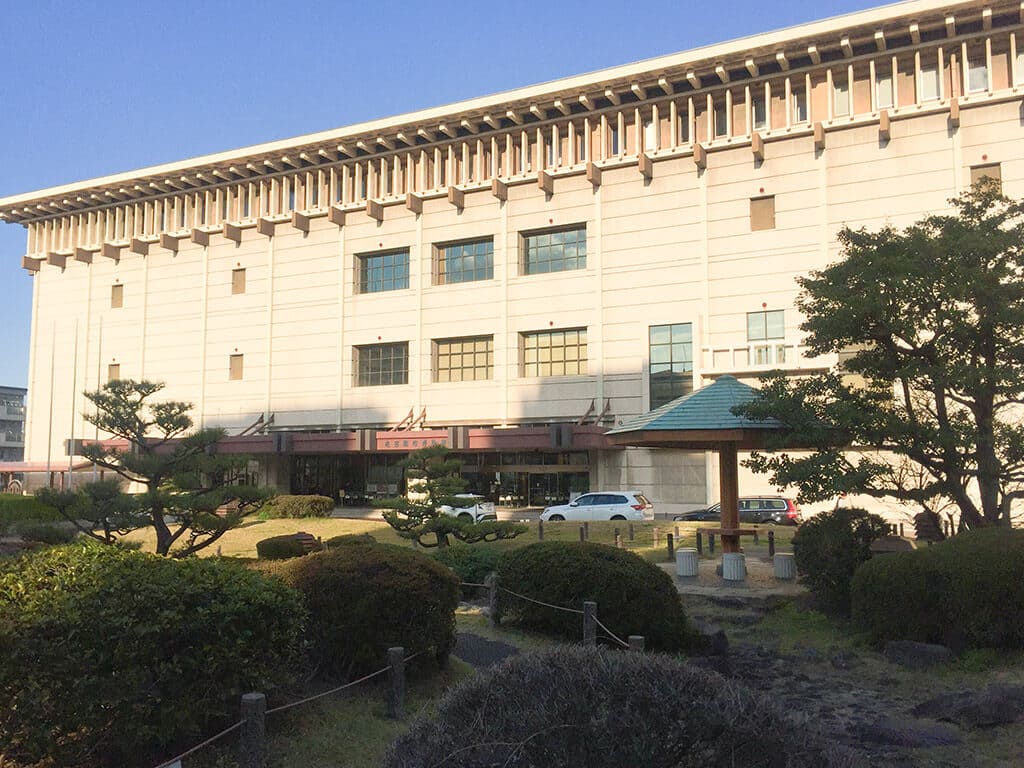
Nagoya City Museum’s collection includes archaeological artifacts, fine arts, crafts, documents, books, and folk objects including samurai armors and weapons. The permanent exhibition “The History of Owari” showcases numerous objects that describe the history of the ancient Owari area, which encompasses Nagoya and part of its surroundings.
To fully explore all the displays at the Nagoya City Museum, plan for an entire day. However, for a more concise visit, you can select the exhibitions that pique your interest the most. Please note that as of this update, the museum is currently closed for renovations.
Note that only some of the exhibitions offer English explanations.
Nagoya City Museum (名古屋市博物館)
Entry Fee: Adult 300 yen, child 200 yen
Opening Hours: TEMPORARILY CLOSED FOR RENOVATIONS
Address: 1-27-1 Mizuho Street, Mizuho Ward, Nagoya, Aichi 467-0806
Phone: (+81) 052-853-2655
Website | Google Maps
3. The Showa Museum of Art Nagoya
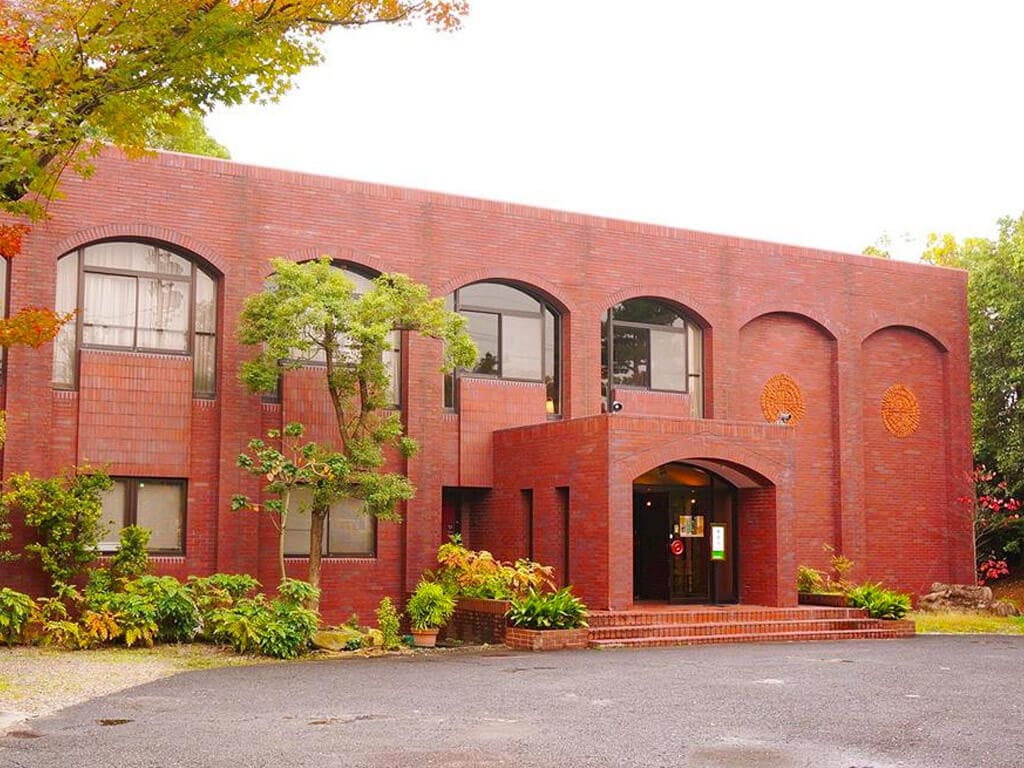
The Showa Museum of Art showcases a private collection that is mainly focused on Tea Ceremony. You can find exquisite ceramic tea bowls and tools, ancient calligraphy scrolls, and fine Japanese lacquerware. These pieces are not only from Japan but also from China, Korea, and some other Southeast Asian countries.
This museum is worth seeing, especially if you are interested in the tea ceremony and want to deepen your knowledge.
If you would like to experience a tea ceremony in Nagoya, check out this post for more information about your options.
The Showa Museum of Art Nagoya (昭和美術館 )
Entry Fee: Adult 1000 yen, university students 600 yen, children free
Opening Hours: 10:00 – 16:00; closed on Mondays
Address: 4-1 Shiomicho, Showa Ward, Nagoya, Aichi 466-0837
Phone: (+81) 052-832-5851
Website (Japanese only) | Google Maps
4. Furukawa Art Museum
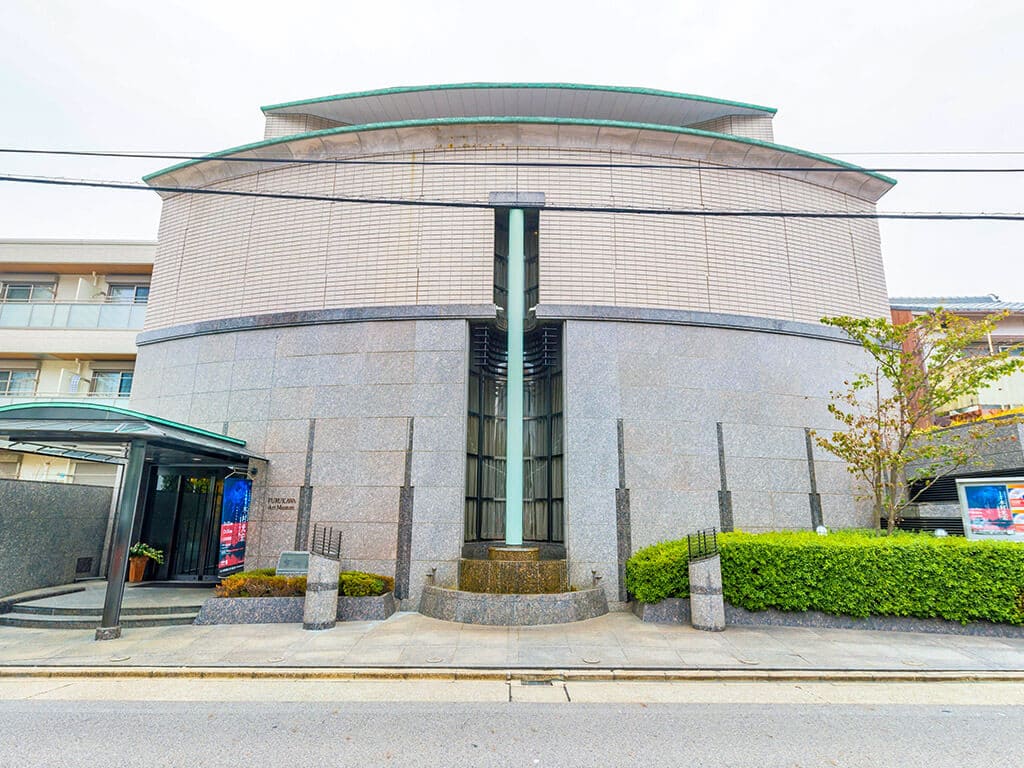
The Furukawa Art Museum collection focuses on contemporary Japanese paintings, including oil paintings, ceramics, crafts, and 15th-century illustrated manuscripts.
The best part of visiting this museum is its traditional tea house called Sukiya Cafe. You can have Matcha green tea along with delicious seasonal Japanese sweets while enjoying the beautiful view of the Japanese garden.
Furukawa Art Museum (古川美術館)
Entry Fee: Adult 1,000 yen, University Student 500 yen, children free
Opening Hours: 10:00 – 17:00; closed on Mondays
Address: 2-50 Ikeshitacho, Chikusa Ward, Nagoya, Aichi 464-0066
Phone: (+81) 052-763-1991
Website | Google Maps
5. Shidami Kofungun Experience Museum
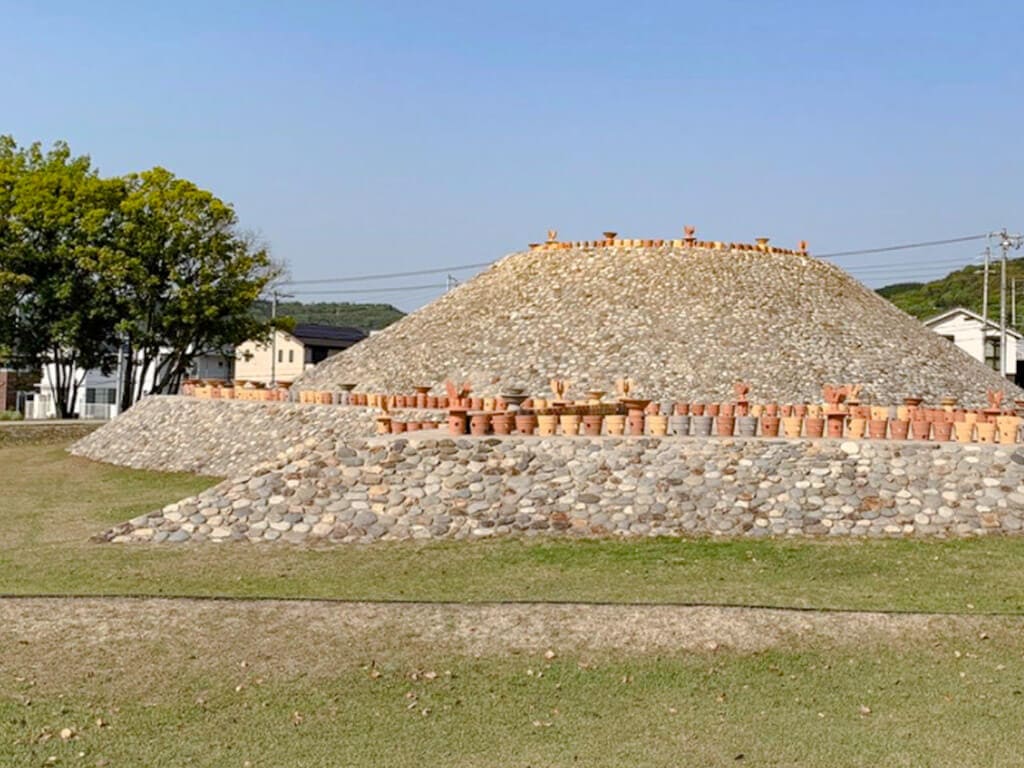
The Shidami Kofungun Experience Museum (nicknamed “Shidamu”) opened its doors in 2019.
It is a preserved archaeological park featuring 7 kofun: megalithic tombs built during the kofun period (4th – 7th century AD). These tombs served as a burial site for the imperial family, allowing worshippers of the period could visit and offer their prayers.
During your visit to the museum, you can dress in kofun period clothes, which can be especially fun for families with young children.
Additionally, there are haniwa (kofun pottery) workshops available, offering an easy to create your own pottery as a cherished memento of your trip to Nagoya.
Please note that there are only a few explanations in English.
Shidami Kofungun Experience Museum (体感! しだみ古墳群ミュージアム)
Entry Fee: free, except for the exhibition hall which is 200 yen for adults and free for children
Opening Hours: 9:00 – 17:00; closed on Mondays
Address: Oaza Kamishidamiji Sakiyama 1367, Moriyama Ward, Nagoya, Aichi 463-0001
Phone: (+81) 527390520
Website (Japanese only) | Google Maps
6. Japanese Sword Collection Room Nagoya – Marunouchi (Touken Corporation)
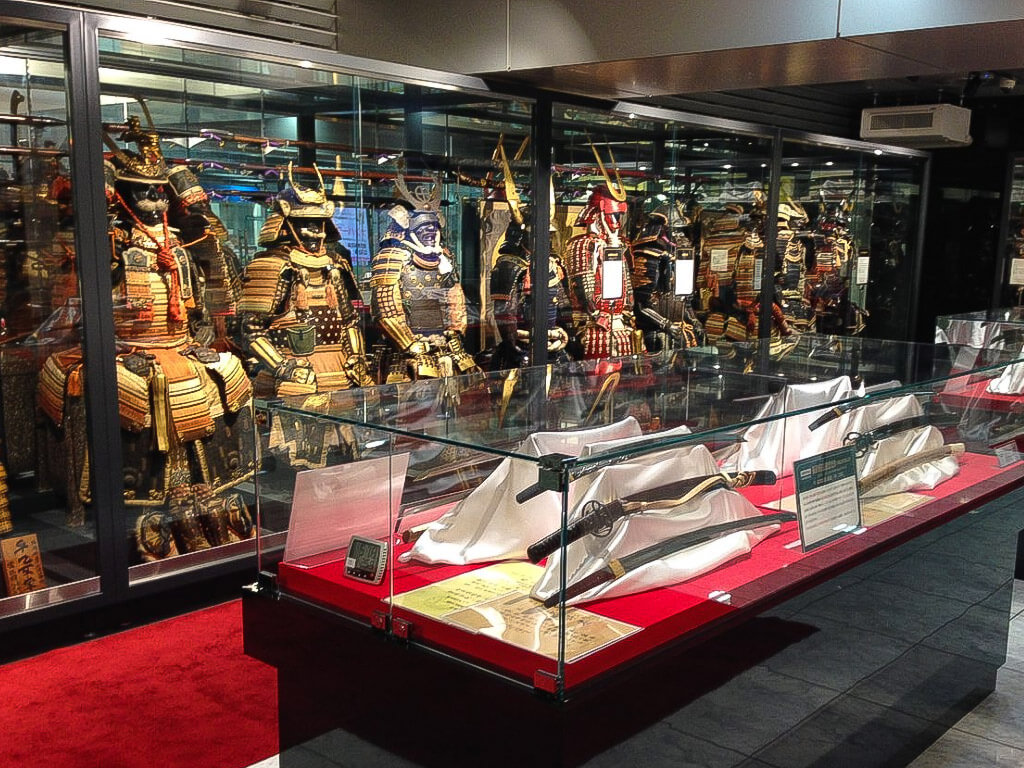
The Touken Collection hosts several valuable samurai artifacts such as armors, spears, halberds, and matchlock guns, from the Kamakura Period (1185–1333) to the Edo Period (1603 – 1868). We recommend this museum for those who want to know more about samurai and those who want to see some real beautifully decorated battle gear.
Japanese Sword Collection Room Nagoya (刀剣コレクション 名古屋・丸の内)
Entry Fee: free
Opening Hours: 9:30 – 17:30; closed on Saturdays and Sundays
Address: Token Marunouchi Building 1F, 2-1-33 Marunouchi, Naka Ward, Nagoya, Aichi 460-0002
Phone: (+81) 052-232-8011
Website (Japanese only) | Google Maps
Nagoya’s Meiji and Taisho Era at a Glance
Nagoya has a so-called cultural road that runs through the residential district that was once home to Nagoya’s rich and powerful. During the Meiji and Taisho eras artists, merchants, bankers, writers, and the Toyoda family who founded the present-day Toyota Motor Corporation all lived in the area.
Today, many of the beautiful residences have been turned into museums so visitors can experience the splendor of the recent past.
7. Cultural Path Shumokukan
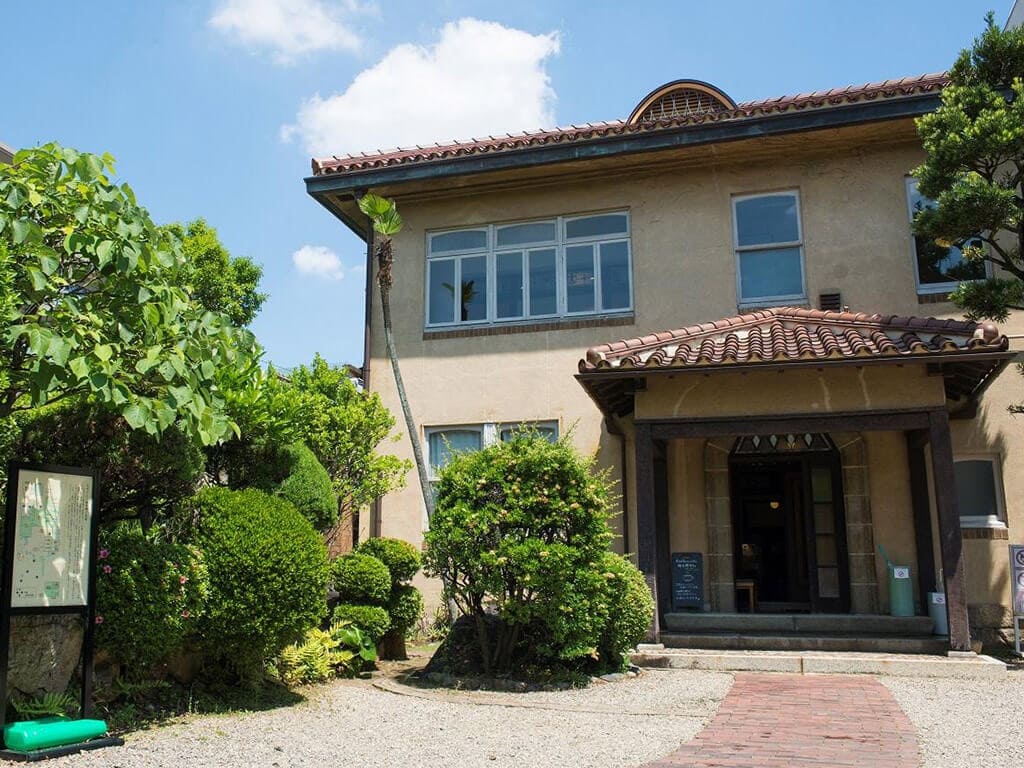
Shumokukan was the former residence of Tamesaburo Imoto, a wealthy pottery and porcelain trader. Shumokukan, built in 1926, has a Western-style building and a Japanese-style building that includes a tea ceremony room and a very lovely Japanese garden.
This museum houses temporary exhibitions from local artists and foreign residents.
Cultural Path Shumokukan (文化のみち 橦木館)
Entry Fee: Adult 200 yen, children free
Opening Hours: 10:00 – 17:00; closed on Mondays
Address: 2-18 Shumokucho, Higashi Ward, Nagoya, Aichi 461-0014
Phone: (+81) 052-939-2850
Website | Google Maps
8. Cultural Path Futaba Museum
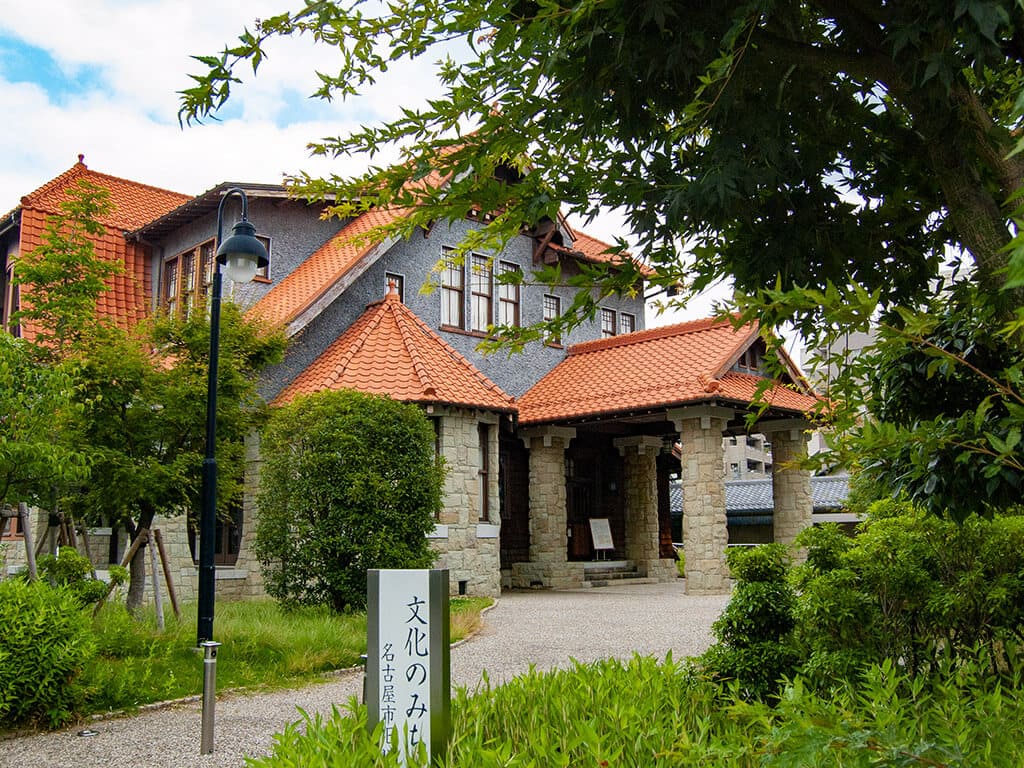
Futaba Museum, designated as a registered Tangible Cultural Property, was the former residence of Japan’s first actress Sadayakko Kawakami, and the successful Japanese businessman Momosuke Fukuzawa. The house was relocated and restored and today houses documents related to Sadayakko Kawakami.
The architectural style of the house is from the Taisho Era (1912-26) to the early Showa Era (1926–1989). Inside you can find many personal items, such as stained glass in the Grand Hall on the first floor and furnishings of the time.
*You can find a few explanations in English.
Cultural Path Futaba Museum (文化のみち 二葉館)
Entry Fee: Adult 200 yen, Children free
Opening Hours: 10:00 – 17:00; closed on Mondays
Address: 3-23 Shumokucho, Higashi Ward, Nagoya, Aichi 461-0014
Phone: (+81) 052-936-3836
Website | Google Maps
9. Cultural Path Hori Art Museum
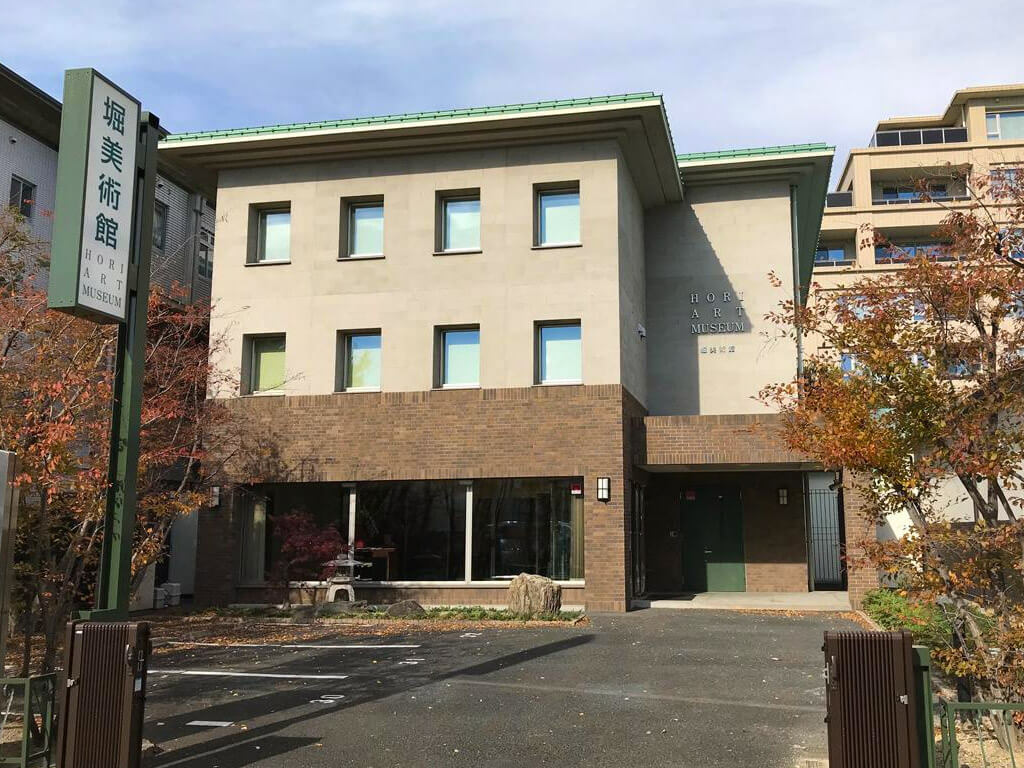
Hori Art Museum is a small museum that displays artworks that Makoto Hori, the founder of the Daitec Group, has collected over the years. The collection exhibits pieces from many Japanese artists that were influenced by the “School of Paris” during the early Showa era.
The entry fee is a bit high, but it’s worth it for those who like paintings from this era.
Cultural Path Hori Art Museum (文化のみち 堀美術館)
Entry Fee: Adult 1,000 yen, child 500 yen
Opening Hours: 13:00 – 14:30; closed Monday – Thursday
Address: 4-4-2, Chikara-machi, Higashi-ku, Nagoya, Aichi 461-0018
Phone: (+81) 052-979-5717
Website | Google Maps
Other places of interest on the Cultural Path include Nagoya City Hall, Nagoya City Archives, the Aichi Prefectural Building, the former residence of Sasuke Toyoda, Kenchuji Temple as well as the residence of Tetsujiro Haruta and the Nagoya Ceramics Hall.
Exploring the Most Delicious Local Food and Drink Culture
From local specialties to unique treats, Nagoya’s love for its specialty foods will surprise you. Here are some of the most interesting food-related museums in and around Nagoya.
10. Mizukan Museum (Handa)
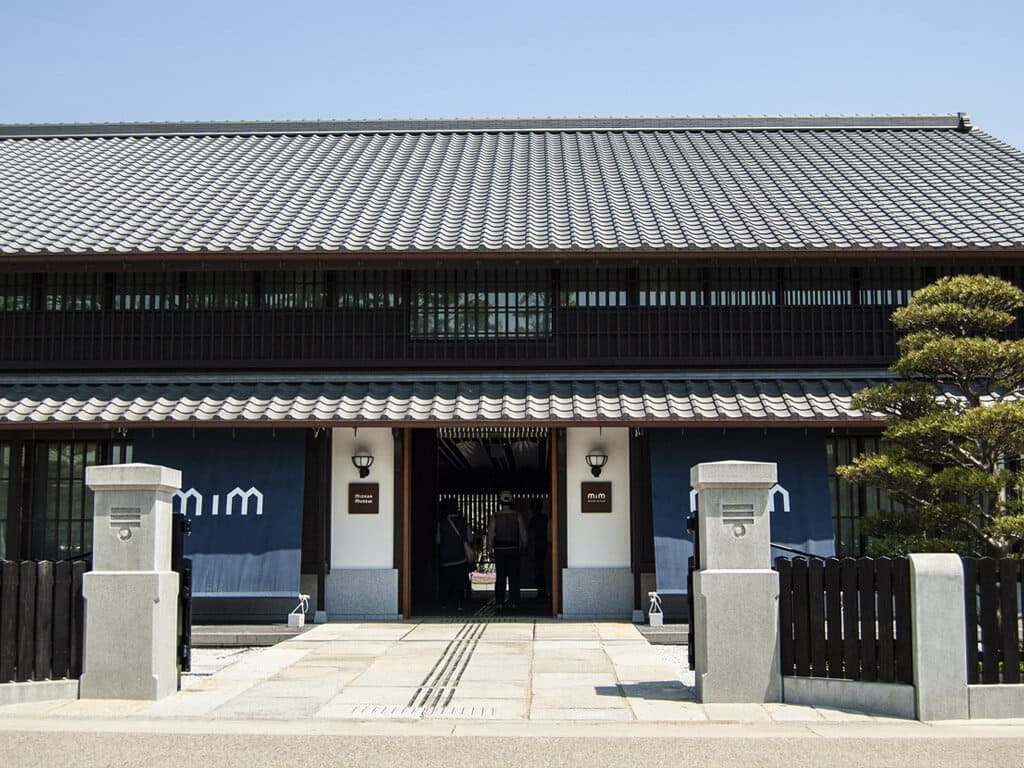
Rice vinegar is an important ingredient in Japanese cuisine. In the Mizukan Museum, you can learn about the rich history of Japanese vinegar and Mizukan’s history as a vinegar manufacturer. There are many themed rooms and activities to learn about the process of making Japanese vinegar and how it is used in many Japanese foods such as sushi.
At the end of the exhibition, there is a sushi-making workshop, and you can also buy a bottle of rice vinegar with your own label!
You can find a few explanations in English. Please note that advanced reservations are required.
Mitsukan Museum (ミツカンミュージアム)
Entry Fee: Adult 500 yen; Middle schoolers 300 yen; Elementary Schoolers 200 yen
Opening Hours: 9:30 – 17:30; closed on Thursdays
Address: 2-6 Nakamuracho, Handa, Aichi 475-0873
Phone: (+81) 0569-24-5111
Online Tour Bookings | Website | Google Maps
11. Kunizakari Sake Museum (Handa)
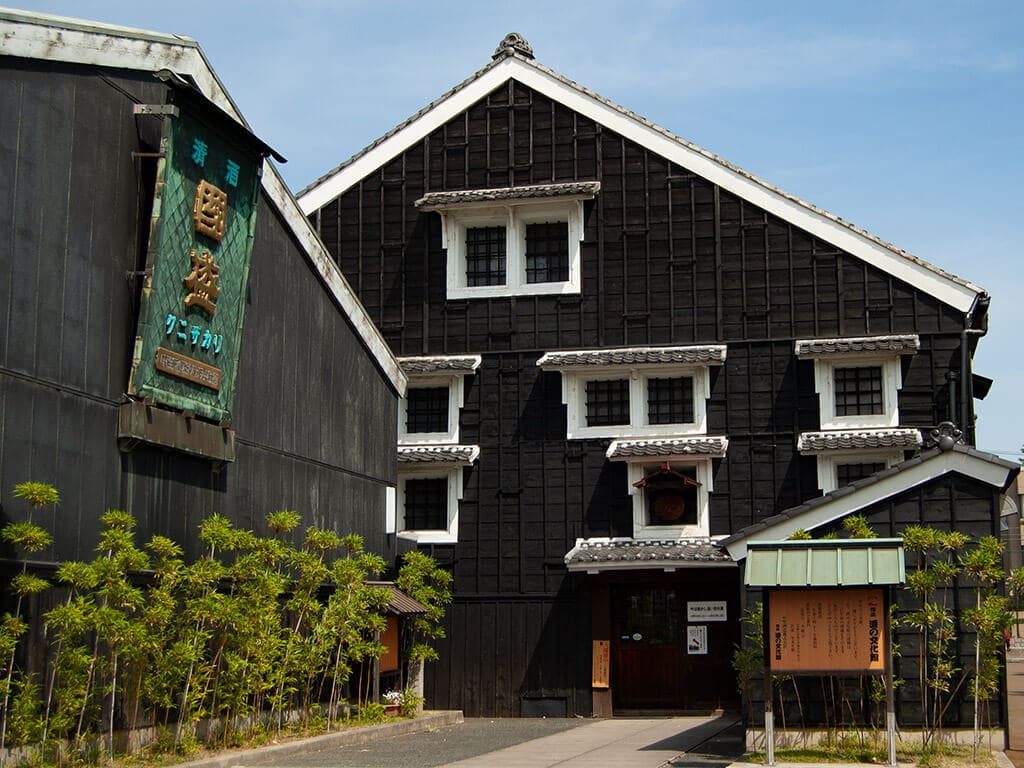
Along with rice vinegar, Handa City is one of the biggest producers and exporters of sake (“nihonshu” in Japanese) in Japan.
The museum is a 200-year-old building that was actually used by the Nakano Sake Brewery to produce sake. The museum has exhibits on sake history and its preparation process and tools, as well as the history of Handa.
This museum will be particularly interesting for sake lovers since it includes a tasting corner where visitors can sample different types of sake and plum wine. Of course, there is also a shop where you can buy your favorite kind of sake.
*You can find a few explanations in English.
Kunizakari Sake Museum (國盛酒の文化館)
Entry Fee: free
Opening Hours: 10:00 – 16:00; closed on Thursdays
Address: 2-24 Higashihonmachi, Handa, Aichi 475-0878
Phone: (+81) 0569-23-1499
Website | Google Maps
12. Kakukyu Hatcho Miso Museum (Okazaki)
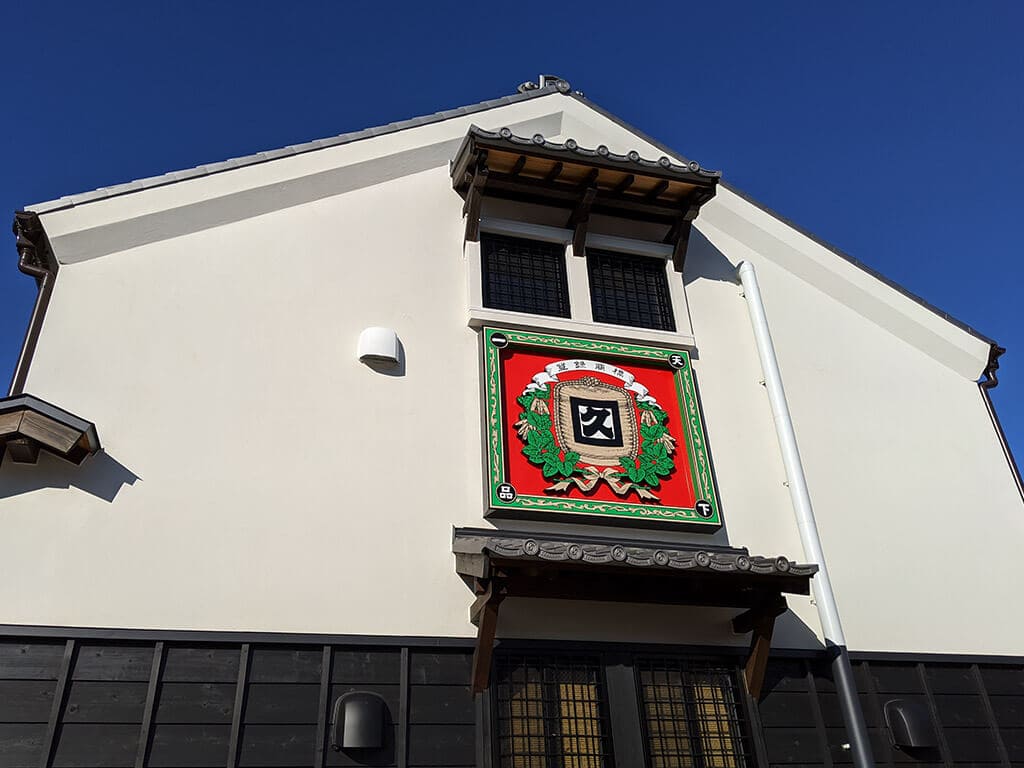
Miso is a unique Japanese seasoning with a history of more than 1300 years. It is obtained by a process of fermentating rice, soy, and wheat together. Every region in Japan has its own type of miso, and Nagoya’s miso, a variety of red miso called Hatchō Miso, is one of the most popular thanks to its deep flavor.
In the museum, you will witness the manufacturing process, including a close-up view of the massive tubs used to ferment miso for two years. These tubs, capable of holding five tons of miso, are quite impressive up close. Of course, there’s also a tasting corner, and you can find a few explanations in English.
Tours are held on weekdays from 10:00 to 17:00 every hour. On Saturdays, Sundays, and holidays you may reserve a guided tour in advance. The guided tour takes around 30 minutes. At the end of the tour, visitors are offered samples of miso.
There is a souvenir shop filled with different varieties of miso and other related products as well as a restaurant where you can try dishes made with miso. For dessert, don’t forget to try the Hatcho Miso ice cream. It’s quite a hit among visitors!
You can taste the local red miso and learn more about it on a Specialties of Nagoya Food Tour.
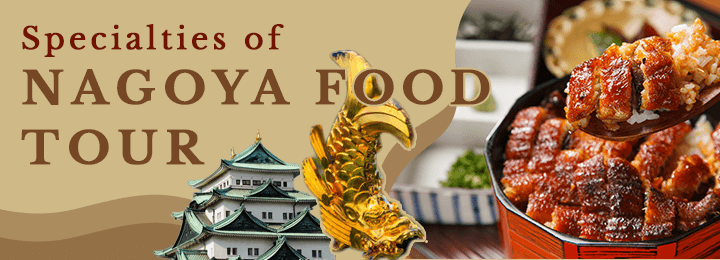
Kakukyu Hatcho Miso Museum (八丁味噌)
Entry Fee: free
Opening Hours: 9:00 – 17:00
Tour bookings: shop@hatcho-miso.co.jp
Address: Okandori-69 Hachijochoji, Okazaki, Aichi 444-0925
Phone: (+81) 056-421-0151
Website | Google Maps
This post was last updated in April 2025.
Although we strive to provide you with the most accurate and up-to-date information possible, please note that changes may occur nonetheless. We recommend you confirm any relevant information such as event cancelations or changes, opening hours, or possible restrictions using a direct source. Please keep in mind that these sources might be in Japanese only.
Did you enjoy this article?
Make sure to also check out our other posts about Nagoya and trust us if we say Nagoya is not boring!
Be sure to follow us on Facebook for new articles every week, and see our Instagram for pictures and stories about Nagoya!
Tag us 📲
Which museum on the list is your favorite? If you have visited any museum on the list please share it and tag us on social media with #nagoyaisnotboring

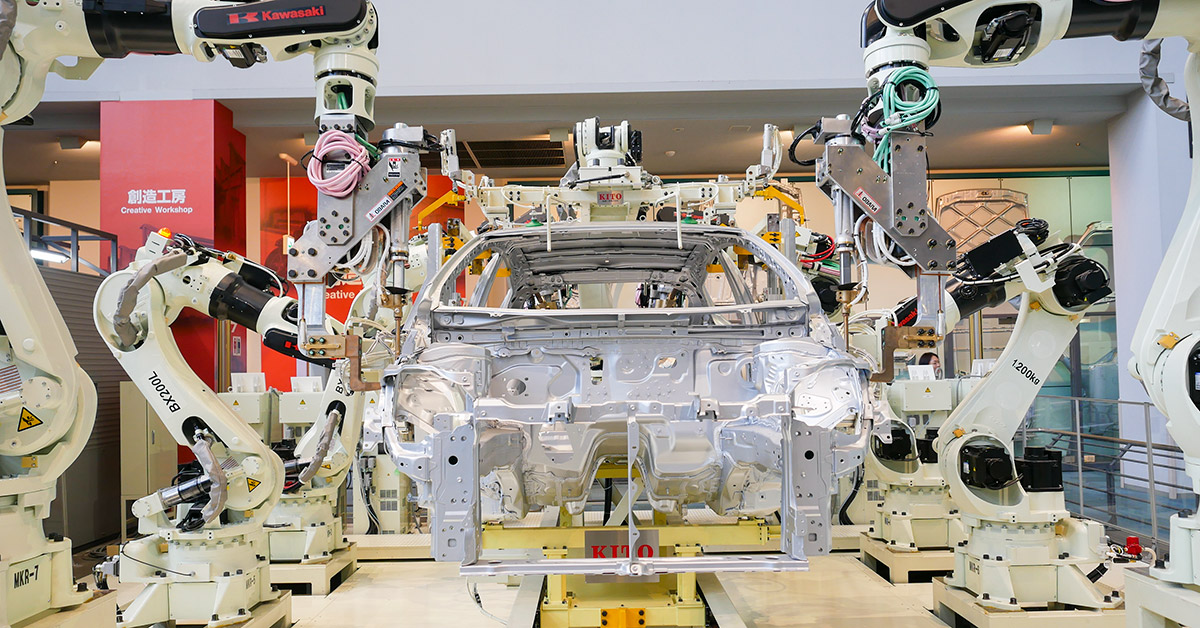


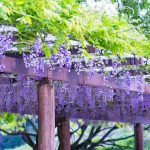
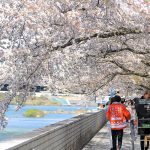
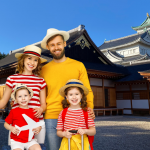
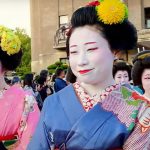

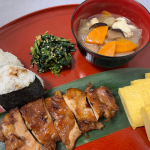
The Sake museum at Handa is good fun and very interesting.
Thanks for your comment, Anne. And indeed!
Hand is a really nice city that has very interesting things to do such as visiting the Mizukan Museum, the Sake Museum, and more. ^^